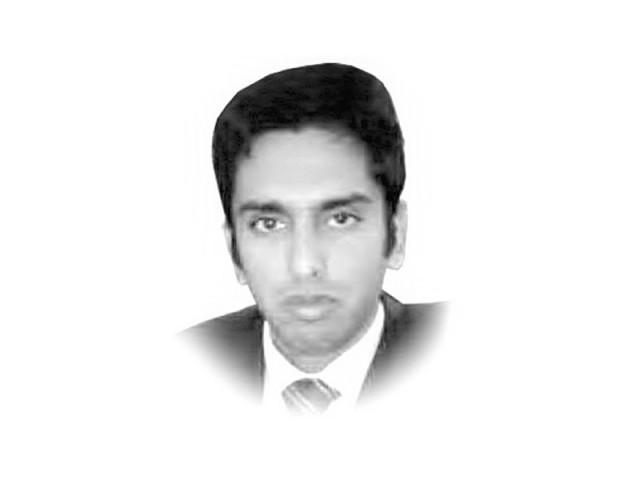Happy Independence Day
First and foremost must come the realisation that all nation-states are borne out of accidents of history.

The writer is a Lahore-based lawyer and author of the book Jinnah: Myth and Reality (Vanguard). He specialises in cyber laws, internet freedom and public interest litigation and tweets @therealylh
Furthermore, did Partition solve the Hindu-Muslim problem and serve the interests of those who had demanded it in the first place? The answer to that question depends on the individual’s perspective. Many Muslims benefited from the creation of Pakistan, many of whom may not have demanded Pakistan or were at best ambivalent towards its creation. A new bourgeoisie class emerged in what is now Pakistan out of the lower peasantry. The Muslims of what is now India were the net losers (even though they initially gained so long as borders between Pakistan and India remained permeable). Not only did they lose their best and brightest to the new nation, but have been viewed with suspicion having put their lot entirely behind the creation of Pakistan. Hindus who were forced to leave Pakistan following riots also lost considerably. It must also be said that while a new Muslim bourgeoisie class emerged, the loss of the existing Hindu bourgeoisie and capitalist classes hurt the region that is Pakistan.
India — though it does not like to admit it — was as a whole better off without the northwest regions. This allowed India to have a more manageable Muslim minority while it remained free to follow its destiny with minimal losses. This is the real reason why the Congress had torpedoed the Cabinet Mission Plan, which would have been the best solution to keep India united.
It is time we revisited and at any rate, reimagined our national identity. First and foremost must come the realisation that all nation-states are borne out of accidents of history. One could argue that the inability of the Congress and the Muslim League to agree on a constitution for a United India played a major role in the eventual creation of Pakistan. That means we should see that date as a historical milestone when the modern nation of Pakistan came into existence. The idea of Pakistan and Pakistaniat must transcend the limited nationalism which may or may not have created it.
We should not remain wedded to ideological myths and canards promoted by people who ironically had opposed the creation of Pakistan. Furthermore, to suggest that Pakistan was created in the name of Islam is a historically inaccurate narrative. Without a sense of rootedness in the land, we may never be able to develop a sense of unity and purpose.
Iqbal’s dream is not linked to the idea of a territorial Pakistani nationality. Of the two founding fathers of Pakistan, Jinnah as a man of action remains more relevant as he understood more than anyone else that Pakistan had to separate religion from the state in order to survive. To him the idea of Pakistan was a horizontal division to end the vertical division in the subcontinent and not some vague and undefined faith-based utopia. So let us celebrate August 14, 1947 both as a starting point and an ending point. Let us fashion a state that instead of being wedded to the past looks towards the future.
Each generation faces its own challenges. Ours is a particularly tested generation. We face religious extremism, terrorism, political instability and separatism. We need to rise up to the challenge. Therefore this August 14, we ought to pledge ourselves to the idea that Pakistan is a territorial nation state, man-made and temporal, which can survive only if we let go of pipedreams and shadows that we have been chasing for the last 66 years.
Happy Independence Day.
Published in The Express Tribune, August 14th, 2013.
Like Opinion & Editorial on Facebook, follow @ETOpEd on Twitter to receive all updates on all our daily pieces.















COMMENTS
Comments are moderated and generally will be posted if they are on-topic and not abusive.
For more information, please see our Comments FAQ